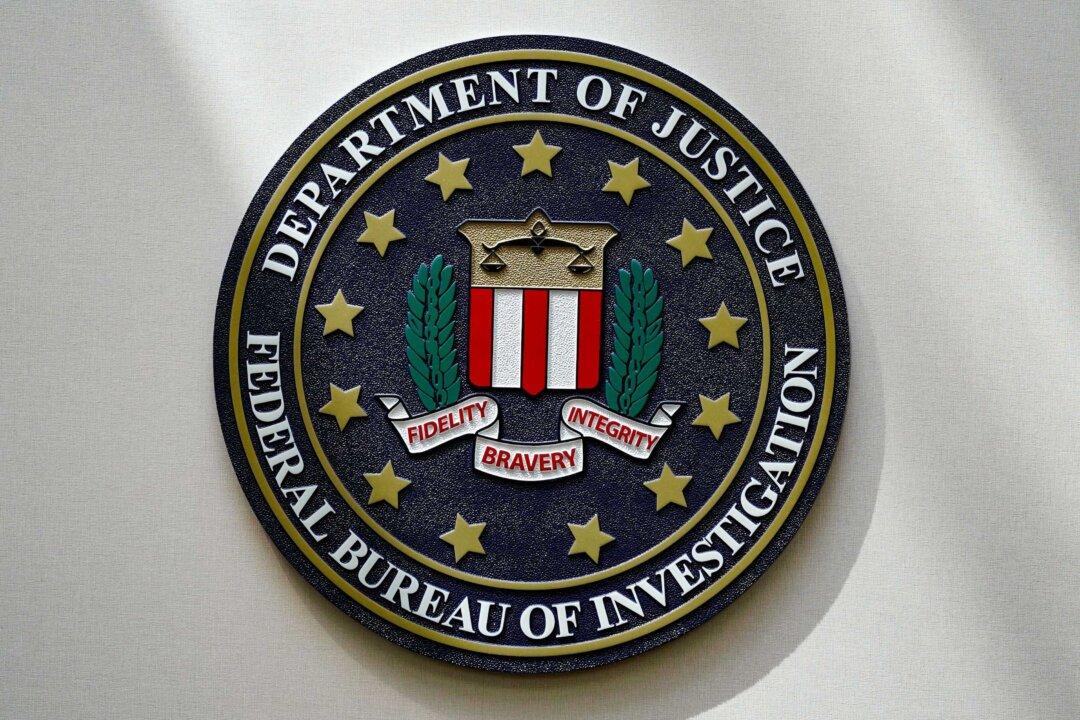Keeping alive its investigation of supposed collusion between Donald Trump and Russia, the FBI ignored hundreds of exculpatory statements Trump aides made when secretly recorded by FBI informants. In some cases, the FBI spun the utterings to mean the opposite of what was said, according to the final report by special counsel John Durham.
The group running the Trump-Russia probe at the FBI headquarters in 2016 and 2017 went to great lengths to try to elicit statements from various Trump aides that could implicate the campaign, and later the president, in an alleged scheme to collude with Russia to sway the 2016 election.





